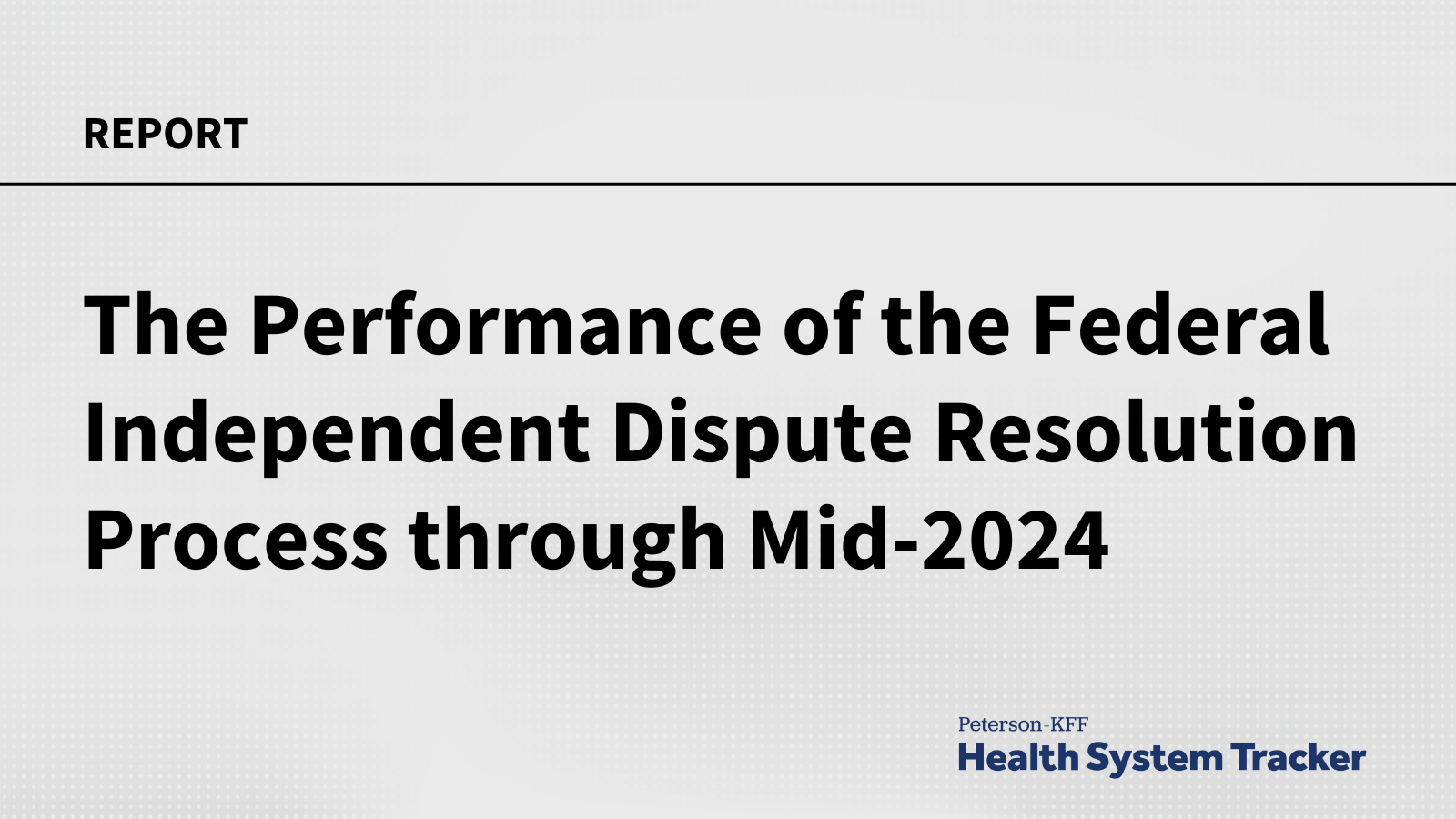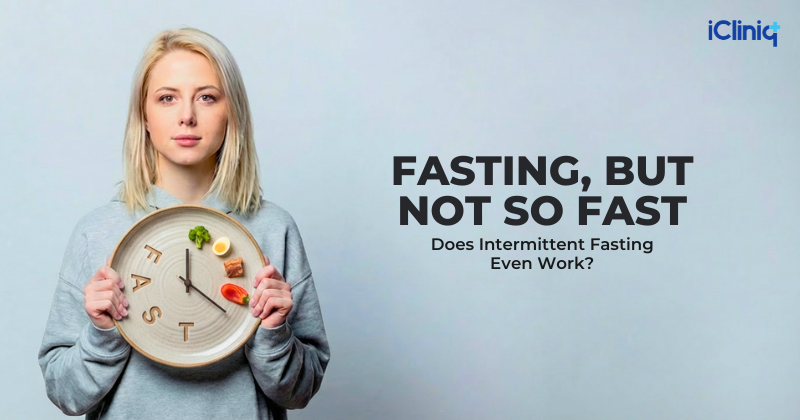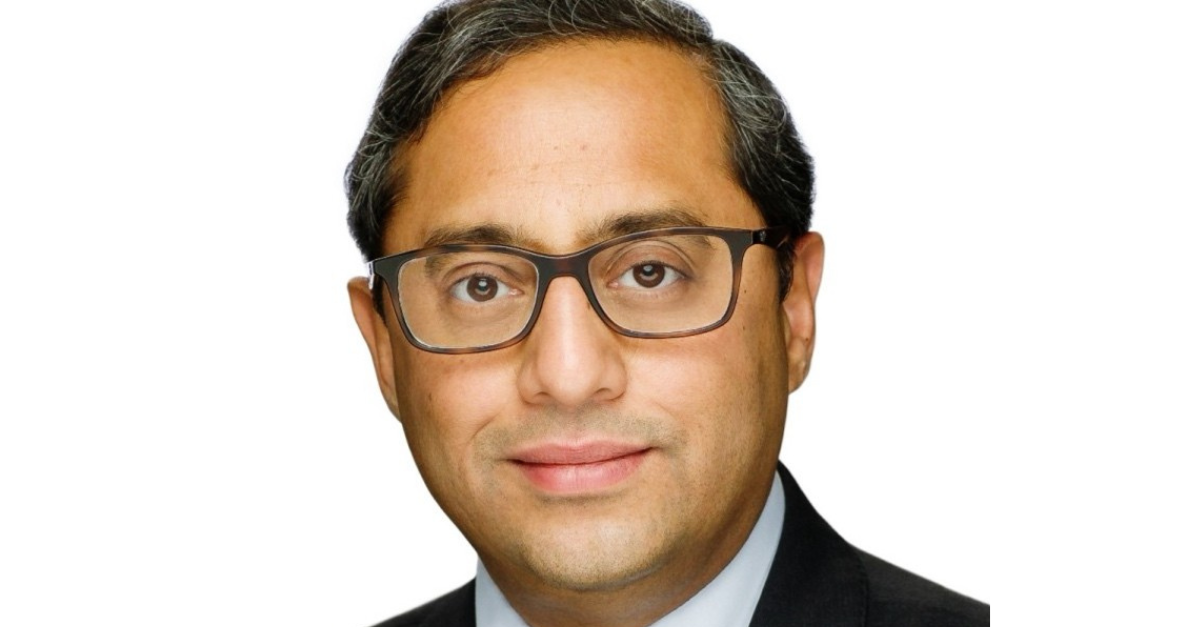The No Surprises Act, which was signed into law by President Trump during his first term and took effect in 2022, aims to protect consumers from certain surprise medical bills. The law established processes to keep the patient out of the payment negotiations between the provider and the plan. In the event of an unsuccessful negotiation, providers and payers enter an independent dispute resolution (IDR) process in which a designated third-party arbitrator examines eligible evidence from both parties to decide on a final payment rate.
KFF’s analysis examines the implementation status of the IDR process and discusses some of the impacts on providers, payers, and ultimately, consumers, with some key findings, including that nearly two in three disputed services involved care that was furnished in an emergency room. The top 10 dispute-initiating parties are all providers or their billing consultants, and they submitted 72% of the out-of-network payment disputes from 2023-mid-2024. The top three parties accounted for 53% of payment disputes from the beginning of 2023 through mid-2024: TEAMHealth, SCP Health, and Radiology Partners, all of which are backed by private equity firms. While the No Surprises Act is protecting consumers from surprise bills, it is likely not reducing prices and spending.
The analysis is available through the Peterson-KFF Health System Tracker, an online information hub dedicated to monitoring and assessing the performance of the U.S. health system.
Publisher: Source link










